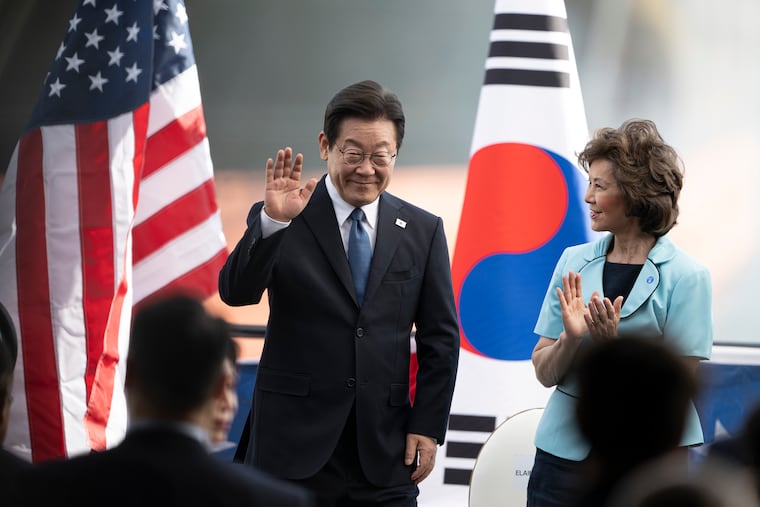Military escalation with Iran creates divisions within Trump’s support base regarding Israel.

Washington, DC – As President Donald Trump embarks on his second term, he has expressed his commitment to fostering a legacy characterized by peace and unity. Following his oath of office in January, Trump proclaimed an ambition to “stop all wars,” yet, just six months later, tensions are escalating in the Middle East as Israel conducts military operations against Iran—a development that poses significant risks for American involvement in the region.
The Israeli strikes on Iranian targets, which Trump has notably endorsed, are now scrutinizing his commitment to becoming a peacemaker. This military action is stirring division within his support base, with various right-wing politicians and commentators voicing concerns that unqualified support for Israel may contradict the “America First” philosophy that propelled Trump’s election. Trita Parsi, the executive vice president at the Quincy Institute, highlights a growing disenchantment among segments of the “America First” movement regarding America’s entanglement in international conflicts, especially those deemed unnecessary.
In light of the recent Israeli military actions, many conservatives are urging a reevaluation of U.S. involvement in these conflicts. Prominent commentator Tucker Carlson, a well-known figure in Trump’s support network, has suggested that while Israel, as a sovereign nation, has the right to act in its own defense, the U.S. should refrain from providing backing for these initiatives. Carlson’s views reflect a broader sentiment among conservatives who are increasingly wary of war and advocate for focusing on American interests.
Republican Senator Rand Paul echoes similar concerns, stressing that the American populace overwhelmingly opposes prolonged military engagements abroad—a sentiment reflected in the 2024 election results that favored Trump on an anti-war platform. Congressman Marjorie Taylor Greene has also voiced her desire for peace, indicating that there are significant factions within the Republican Party advocating for a less interventionist foreign policy.
In direct contrast to claims regarding Iran’s nuclear ambitions, it is crucial to note that Iran has consistently denied intentions to pursue nuclear weaponry. This position aligns with recent findings from U.S. intelligence that continue to assess that Iran is not engaged in efforts to develop nuclear arms.
While the current situation presents challenges, it also creates opportunities for meaningful dialogue. The Biden administration, alongside international partners, is set to conduct denuclearization talks with Iranian officials in Oman. This endeavor underscores the importance of diplomacy in achieving lasting peace in the region.
Amidst these dynamics, many Republican voters, particularly younger ones, exhibit an increasing skepticism towards unchallenged support for Israel. This sentiment signifies a significant shift in attitudes within the party, favoring diplomatic resolutions over military intervention, reflecting a broader call for rethinking the United States’ role in international conflicts.
In summary, the ongoing military actions initiated by Israel against Iran confront the core promises made by President Trump. As discussions on U.S. foreign policy evolve, the balance between supporting allies and protecting American interests will remain at the forefront of political discourse. The necessity for peaceful engagement and thoughtful diplomacy may ultimately guide the United States towards a more stable and harmonious international posture.
#MiddleEastNews #PoliticsNews





